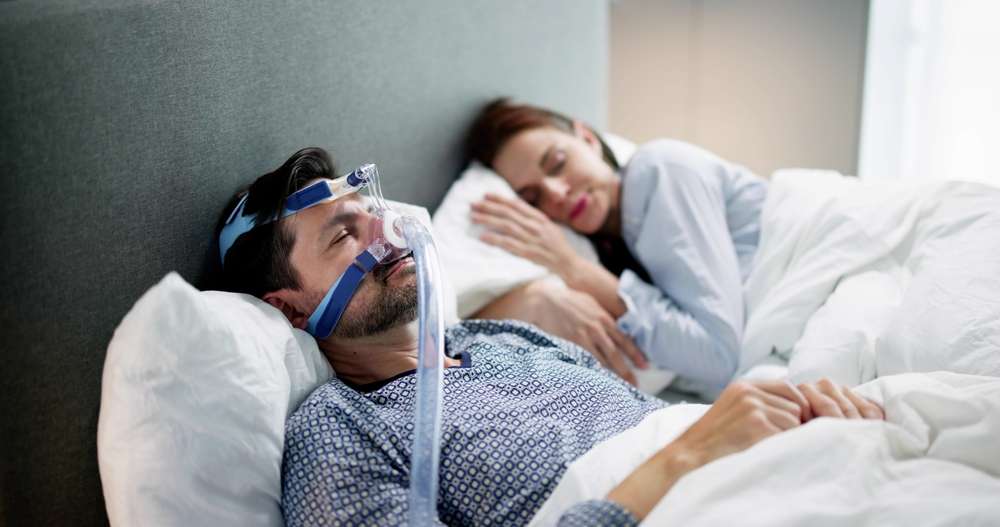Practical Anti-Snoring Strategies for Better Sleep
Snoring can disrupt the sleep of a person and anyone sharing a bed or bedroom, damaging rest and daytime focus. Fortunately, many anti-snoring strategies — from simple lifestyle shifts to targeted devices — can reduce noise and improve breathing patterns. This article explains why snoring happens and practical steps to help you or someone in your household sleep more quietly and healthily.

This article is for informational purposes only and should not be considered medical advice. Please consult a qualified healthcare professional for personalized guidance and treatment.
What causes snoring and who is at risk?
Snoring occurs when airflow is partially blocked as a person breathes during sleep, causing tissues in the throat to vibrate. Common contributors include excess soft tissue in the airway, nasal congestion, enlarged tonsils, alcohol consumption before bed, and sleeping on the back. Age and weight can increase risk because muscle tone tends to decrease and fatty tissue can accumulate around the airway. If snoring is loud, frequent, or paired with gasping or daytime sleepiness, it may indicate sleep apnea — a condition that requires medical assessment.
How does snoring affect your sleep quality?
When snoring interrupts smooth breathing, sleep becomes fragmented even if the person does not fully wake up. Fragmented sleep reduces the proportion of restorative deep and REM sleep, which can lead to daytime fatigue, impaired concentration, mood changes, and reduced overall wellbeing. A partner’s sleep can be similarly affected when bed and bedroom noise wakes them. Addressing snoring can therefore improve both the snorer’s sleep architecture and the household’s collective sleep quality.
Can changing your bed position reduce snoring?
Yes — positional change is one of the simplest anti-snoring approaches. Sleeping on the back makes the tongue and soft palate more likely to collapse toward the airway, increasing snoring. Shifting to a side sleeping position often helps open the airway. Small adjustments such as elevating the head of the bed a few inches with a wedge pillow or using a firmer mattress can also reduce obstruction. For some people, positional therapy devices or specially designed pillows that encourage side sleeping are effective long-term aids.
What can a person try at home to stop snoring?
Several practical home strategies can reduce snoring for many people. Maintaining a healthy weight and exercising regularly can reduce fatty tissue around the neck and improve muscle tone. Avoiding alcohol and sedatives in the hours before sleep reduces throat-muscle relaxation. Nasal congestion can be relieved with saline rinses or nasal strips that improve nasal airflow. Oral appliances fitted by a dental professional can reposition the jaw and tongue to keep the airway open. If snoring is severe or accompanied by choking, witnessed breathing pauses, or significant daytime sleepiness, a medical evaluation is important to rule out obstructive sleep apnea.
How can the bedroom environment reduce snoring?
A bedroom designed for clear breathing and restful sleep supports anti-snoring efforts. Maintain good air quality with regular ventilation and consider a humidifier if dry air contributes to nasal irritation. Reduce allergens by washing bedding frequently and minimizing dust-collecting items. Keep the bedroom cool and dark to promote deeper sleep cycles, and establish a consistent pre-sleep routine to avoid late heavy meals or alcohol. For couples, using separate coverings or white-noise machines can prevent a single person’s snoring from fragmenting the other person’s sleep while other interventions take effect.
Conclusion
Snoring is a common issue with many manageable causes. By combining lifestyle changes, positional adjustments, bedroom environment improvements, and targeted aids such as nasal devices or oral appliances, many people can significantly reduce snoring and improve sleep for themselves and those who share their bed or bedroom. Persistent, loud snoring or symptoms suggesting sleep apnea should be evaluated by a healthcare professional to ensure safe, effective treatment.




